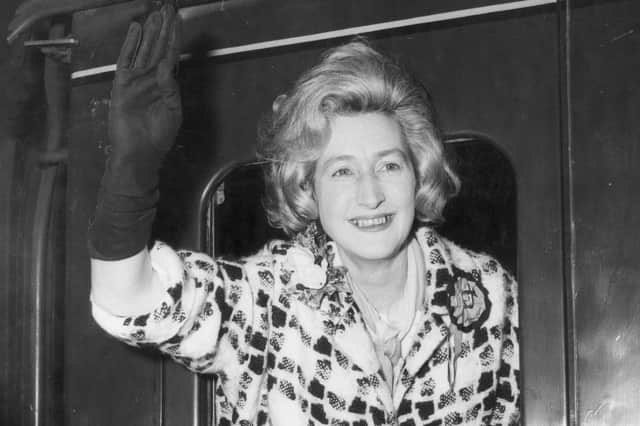Bolstered by an increasingly formidable Scottish Office and a string of successes, most notably Winnie Ewing’s landmark Hamilton by-election victory, the 1960s was the decade the Scottish National Party truly came to prominence.
Party membership soared during those ten years, from under 2,000 in 1960 to an estimated 70,000 at the start of 1968.
Held by Labour’s Alexander Wilson, a former coal-miner, the Hamilton seat had been considered one of the safest in the land, but the SNP’s Winifred Ewing, a young Glasgow solicitor, unexpectedly swept to victory, securing 46.1 per cent of the vote. The historic win meant the SNP had won their first seat in the Commons since the end of the Second World War.
In the aftermath of her victory, Ewing was famously quoted as saying: “Stop the world, Scotland wants to get on!”.
It was a sea change for the SNP, which, at the start of the decade had been so small and powerless, that one party leader joked that if all the senior members had been on board a small plane and it had crashed, the party would be no more.
But, while the SNP had cause to celebrate, it was Labour who possessed the strongest hand in Scotland, where the electorate, particularly in industrial communities, was among the most left leaning to be found anywhere in the British Isles.
Labour’s promotion of socialism and its strong affiliations with trade unions up and down the country, saw it become the party of choice among the working classes.
On a UK level, it was Labour’s golden age, with Harold Wilson leading the country as prime minister for six years from 1964 and securing a clear majority in 1966.
However, Labour knew it had its work cut out to remain on top in Scotland.
More and more Scots were calling for home rule and a devolved Scottish assembly and suddenly Scottish nationalism became a pressing matter for Westminster.
Many were also keeping one eye trained on the North Sea. Exploration efforts suggested that Scotland was sitting on a veritable black gold mine. Nationalists immediately began to question why Scotland should be forced to funnel any of those predicted oil revenues to the treasury in London when it could, in their view, quite easily prosper alone.
There had been civil unrest too. In the early 1960s, the US Nay set up a nuclear base in Holy Loch, near Dunoon. The move sparked a number of mostly peaceful demonstrations throughout the decade and gave birth to the CND (Campaign for Nuclear Disarmament) campaign and anti-Polaris movement.
Worried that their popularity was dipping to alarmingly low levels north of the border, the Conservative Party made moves to halt the rise of the SNP and appease those who felt Scotland was being sold short.
In 1968, during the Tories’ Perth conference, party leader and future prime minister Ted Heath, well aware of the political threat nationalism represented, caused shock when he announced that he was going to commit to delivering a devolved Scottish assembly.
A message from the Editor:
Thank you for reading this article. We're more reliant on your support than ever as the shift in consumer habits brought about by coronavirus impacts our advertisers.
If you haven't already, please consider supporting our trusted, fact-checked journalism by taking out a digital subscription at https://www.scotsman.com/subscriptions.
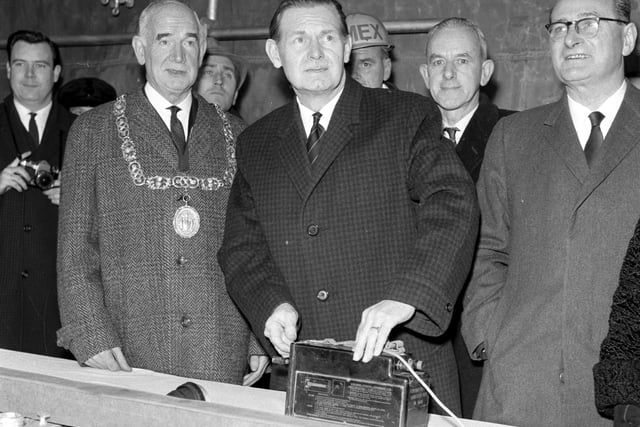
1. Willie Ross
Secretary of State for Scotland Willie Ross presses the button to begin the demolition part of Glasgow's urban motorway scheme in December 1965. Photo: Allan Milligan
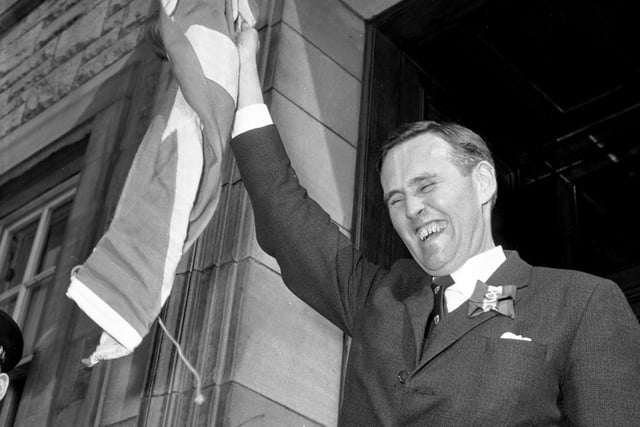
2. Raising the banner
SNP politician William Wolfe raises the Scottish flag above his head in May 1966. He became the Honorary President (Rector) of the Students' Association at Heriot-Watt University early May. Photo: Stan Warburton
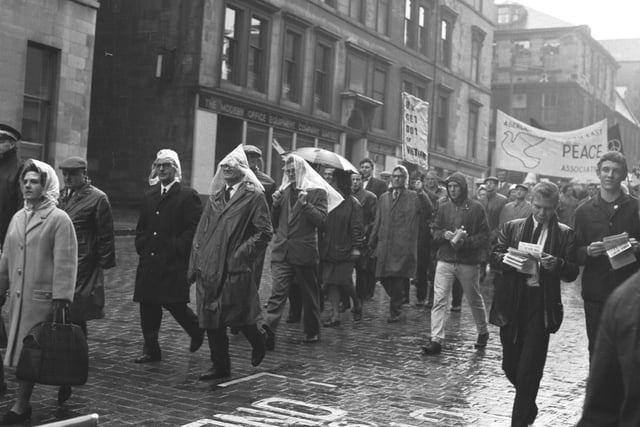
3. Peace rally
Anti-Vietnam protesters march to at a peace rally in Queen's Park, Glasgow in June 1966 Photo: Ian Brand
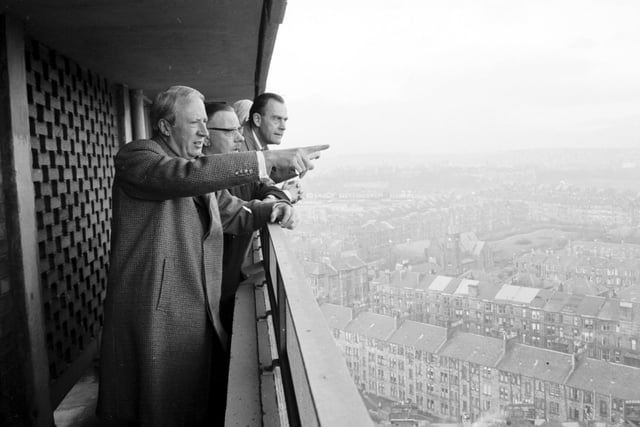
4. Heath's view
Mr Edward Heath looks from Broomhill Flats, Glasgow down to storm damaged houses in Hill Head Photo: Gordon Rule
